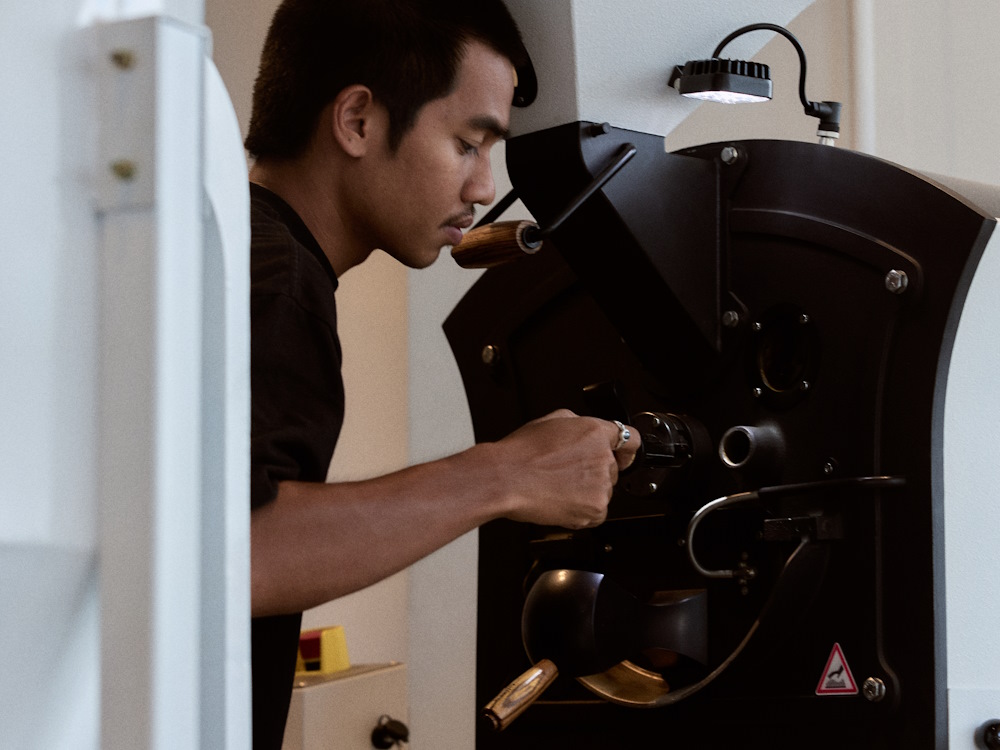Southeast Asia has a rich history of both coffee production and consumption. In recent years, driven by changing consumer preferences, urbanisation, and thriving café culture, the region’s coffee market has undergone rapid growth and evolution.
Countries like Indonesia have emerged as key markets for specialty coffee shops and chains, with a growing emphasis on quality, experiential consumption, and trending flavours.
To cater to the increasing demand for diverse and premium offerings, more specialty coffee businesses in Southeast Asia have started roasting coffee themselves. This raises quality standards to even higher levels and presents new opportunities to drive further market growth.
I spoke to three people at the Indonesian specialty coffee roaster Baked Coffee to understand more about how the rise of roasting in Southeast Asia is reshaping the region’s specialty coffee market
You may also like our article on the evolution of manual brewing in Indonesia.
How Southeast Asian coffee culture has evolved
Southeast Asia has a deep-rooted connection with coffee. Between the 1600s and 1800s, European colonisers introduced seeds to countries including Vietnam, Indonesia, Myanmar, and the Philippines. Commercial production was quickly established, especially in Vietnam and Indonesia, which are the second and fourth-largest producers of coffee in the world, respectively.
As Southeast Asia’s largest country, Indonesia’s production volumes increased to 12 million 60kg bags in the 2022/23 harvest season, which accounted for 6% of the global supply during this period. Coffee culture is a key part of everyday life for many people, but historically, the majority of higher-quality beans were exported.
Lower-quality coffee (including robusta) sold in the domestic market was often roasted dark to mask overly bitter flavours. The addition of sugar, sweeteners, condensed milk, and various spices was also popular, especially in traditional kopitiam cafés, which still serve these drinks today.
The emergence of second wave coffee in Indonesia in the early 2000s, however, fundamentally changed consumer preferences. Large chains introduced consumers to espresso-based drinks, but they cost more than 30% of the median daily income of people in Indonesia, inevitably restricting market growth.
Over the following years, the launch of domestic coffee chains spurred the demand for more affordable yet higher-quality options – making specialty coffee accessible to more people in the country.
Specialty coffee takes off
Building on the success of big chains in Indonesia, a growing number of smaller independent specialty coffee shops are opening in the country. One is Baked Coffee, a roaster and bakery that operates six locations, including grab-and-go brew bar formats, across Jakarta and Bali. The company will also open a dedicated roastery in Bali at the end of November 2024 and a flagship store in Jakarta in early 2025.
Gustav Johannes Groenendijk is the CEO and founder. “Consumers are more knowledgeable, and younger generations have more diverse preferences for coffee,” he says. “Times are changing, and with technology, consumers want something new, so their expectations become higher. This fuels the growth of the specialty coffee market.”
With a growing middle class that has a higher disposable income, premium coffee has become more accessible to Indonesian consumers who are increasingly prioritising both quality and convenience. Similar to product innovation in more mature markets, high-quality ready-to-drink (RTD) coffee is becoming more popular in Indonesia and across Southeast Asia.
Julia Ammor is the Marketing and Creative Director at Baked Coffee. She explains how the roaster sells three RTD options, including an oat milk latte and cold brew, to tap into this burgeoning market.
“The decision to launch RTD products reflects our response to evolving consumer preferences and the growing demand for convenience without compromising quality,” she says. “It’s a strategic move to cater to a market that’s increasingly seeking high-quality, on-the-go coffee options that mirror the café experience.”
Although traditional café culture is still prevalent in Southeast Asian countries, changing consumer preferences mean coffee shops and roasters in the region are diversifying their products to cater to a wider range of needs.
“Consumers are not only more aware of specialty coffee but are also looking for ways to enjoy it beyond the traditional café setting,” Julia adds. “This shift indicates a deeper appreciation for quality coffee, as well as a readiness to explore new formats and flavours, which is a positive sign of the market’s evolution.”
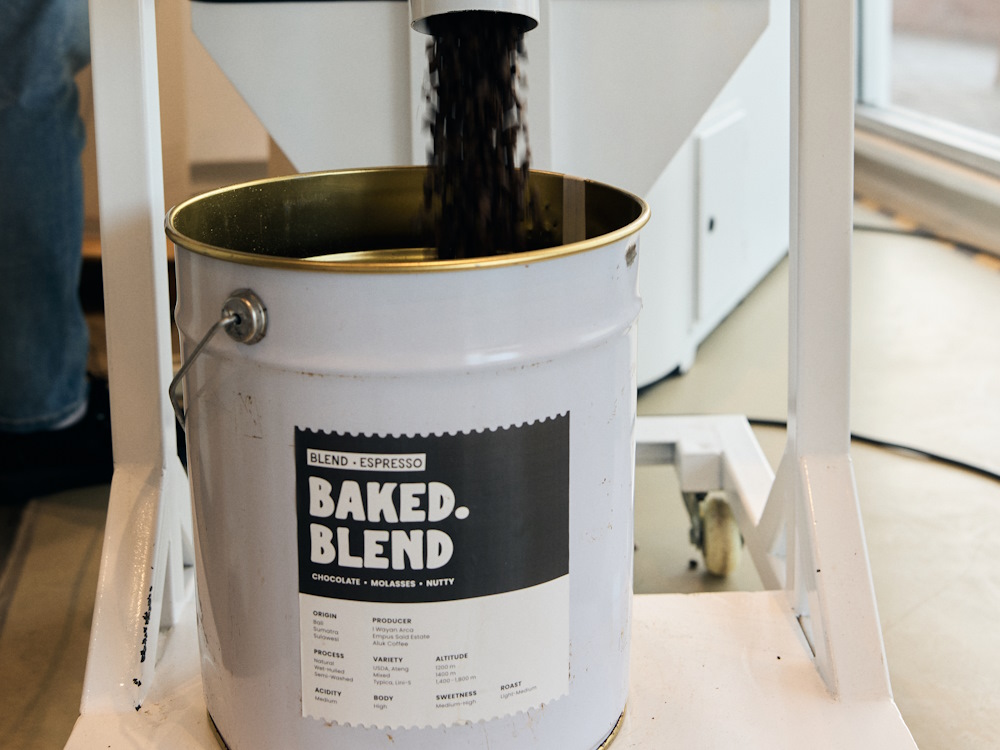
The emergence of specialty coffee roasters in Southeast Asia
The growth of the Southeast Asian specialty coffee market shows no signs of slowing down, especially in Indonesia. According to data from World Coffee Portal, the country’s branded coffee shop market will reach over 4,000 stores by 2025.
To capitalise on this burgeoning industry, a growing number of Indonesian coffee businesses have started to roast their own coffee. In turn, these brands are driving the trend of roasting coffee at origin and working to retain more value in producing countries.
Given its unique position as both a producing and consuming country, many Indonesian roasters are sourcing locally grown coffee to highlight the quality and diversity of arabica and robusta.
Matt Johnson is the head roaster and head of coffee at Baked. He explains why the company exclusively sources from Indonesia.
“Why import beans from across the world when we have excellent coffee on our doorstep? Environmentally and logistically, it just makes sense,” he says. “We also want to support and help grow our local communities by working directly with producers.”
Gustav explains that this ties into Baked’s Origin Zero roastery concept. By sourcing Indonesian coffee and roasting at origin, the roaster aims to minimise environmental impact, shorten its supply chain, and partner with local farmers in different regions of Indonesia.
“Origin Zero is our call to action and commitment to leaving a positive legacy on Indonesia’s coffee landscape,” he says. “We want to redefine what it means to be a sustainable roastery, honouring our origins while striving towards zero impact.”
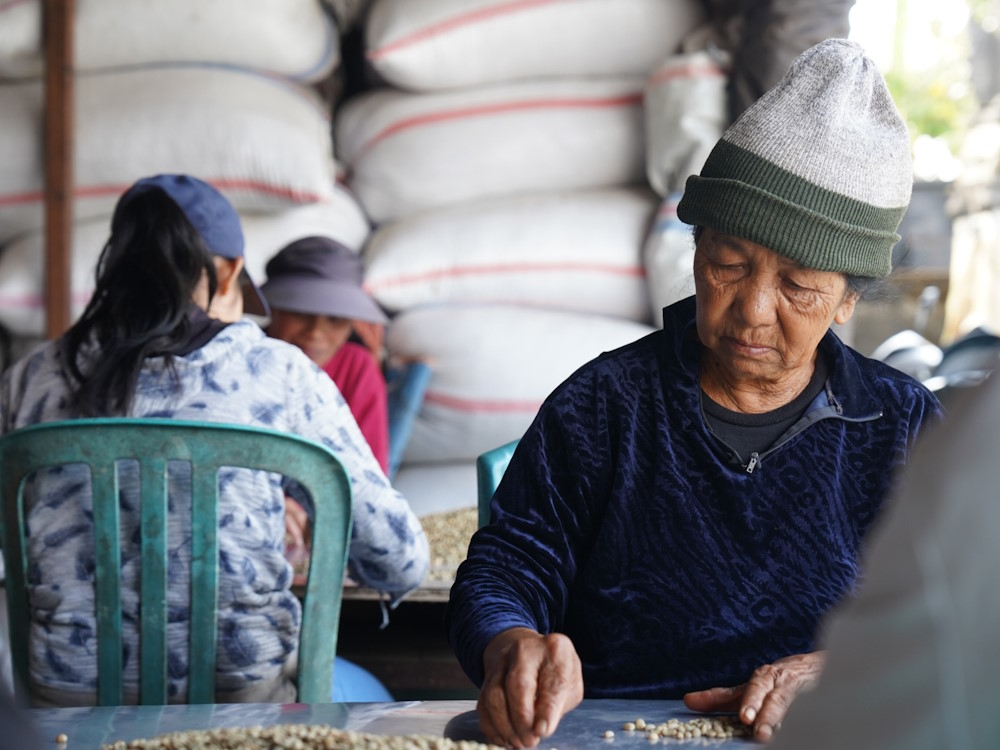
Sharing a connection with producers
Indonesia’s market position is unique. As both a producing and consuming country, it drives innovation at both ends of the supply chain.
Matt says that the shared connection of being located at origin helps to strengthen working relationships.
“During particularly wet or dry seasons, we share this experience with farmers. It reminds us that coffee is more than a commodity,” he explains. “When roasting in a country of origin, you get to build long-lasting relationships with producers, ensuring they receive higher prices and creating an immediate feedback loop.”
As part of its Origin Zero ethos, Baked also works with Indonesian farmers to implement quality control and climate adaptation and mitigation practices, supporting the future of the country’s coffee production.
“It’s exciting knowing whether on-farm experimentation and innovation will pay off,” Matt says. “Then, just weeks later, because of our proximity, we can roast and cup the coffees.”

How could the region’s market evolve in the future?
The Southeast Asian coffee market is poised for further growth and innovation in the coming years. According to data from the USDA, Indonesia’s 2024/25 coffee consumption will rise by 10,000 60kg bags to 4.8 million in total as both branded and specialty coffee shops and roasters offer consumers more choice than ever before.
As seen in more established markets around the world, Julia believes that sustainability will become a bigger priority for Indonesian specialty coffee drinkers.
“There will be a stronger push towards zero-waste practices and upcycling coffee by-products. At Baked’s zero-waste roastery, our operations primarily focus on environmental protection and inspiring others to see that meaningful change is achievable on a local scale.
“We’re also exploring upcycling and waste reduction initiatives, such as creating innovative drinks using cascara and repurposing unsold sourdough bread into a unique soft serve offering,” she adds. “Additionally, we’re investigating ways to upcycle coffee cherry skins into compost or fertiliser, ensuring they are redistributed through a short supply chain.”
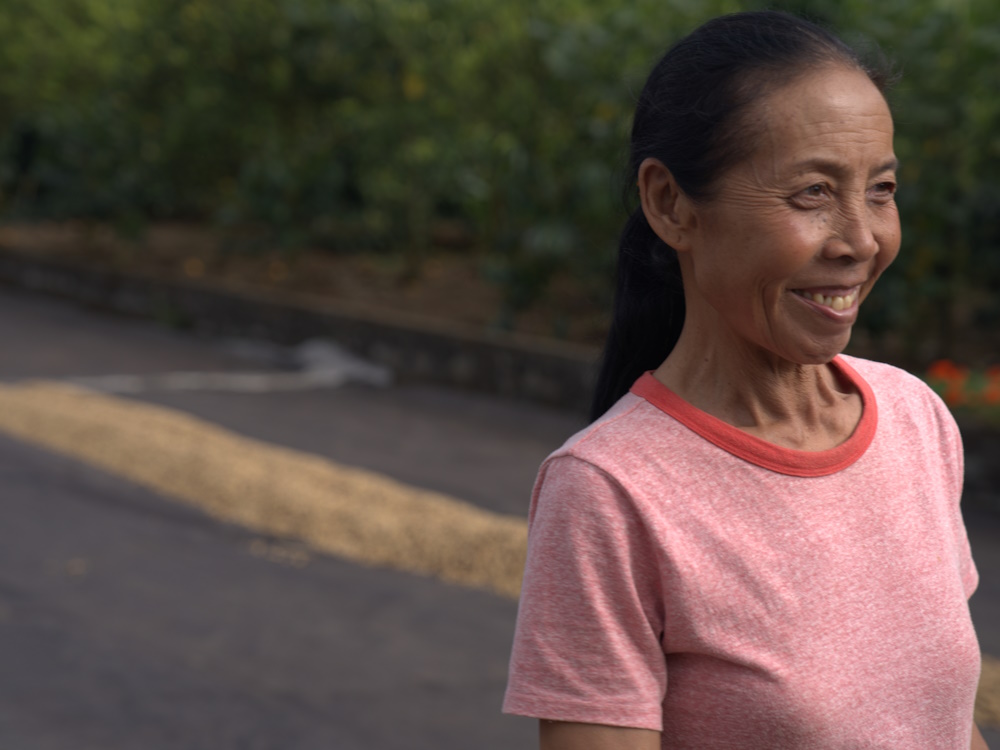
Innovation in production and processing
Southeast Asia is home to some of the most established and significant coffee-producing countries in the world. As the region’s consumption grows, it’s clear that evolving consumer needs are also influencing trends in farming and processing.
“The Indonesian and Southeast Asian specialty coffee markets will keep evolving as global demand for coffee increases,” Gustav says. “Indonesia’s distinctive varieties and regions, along with the awareness of sustainability and traceability, will boost international recognition. Growing markets in the region are shifting towards specialty-grade production to meet demand, but investment in infrastructure, technology, and best practices is needed to keep up with innovation in other producing countries.”
Moreover, women are believed to account for up to 24% of Indonesia’s farmers. As women are often left out of decision-making and leadership roles in coffee production, providing support creates a valuable opportunity to improve their career opportunities and increase financial stability
“There is so much more than just the roasting aspect behind each cup of coffee,” Gustav says. “Transparency and traceability bring another level of depth towards the process, and fortunately, we have this on our doorstep as a roaster at origin.”
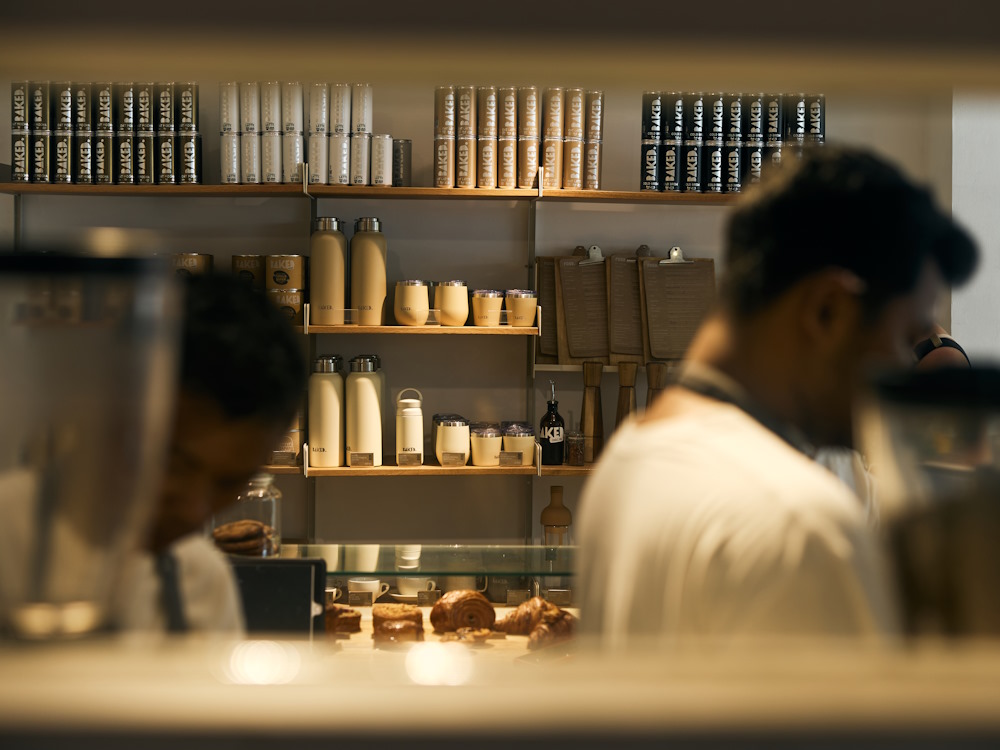
The evolution of the Southeast Asian coffee market has opened up new possibilities for quality, convenience, and choice for the region’s consumers. With premium coffee options now considered an affordable luxury, a new wave of specialty coffee shops and roasters are finding success in the market.
Indonesia is a key example of this explosive growth, with more and more businesses roasting locally-grown coffee. “The country’s coffee industry is evolving with the times, adapting to the changing global market while staying true to its roots,” Julia concludes.
Enjoyed this? Then read our article on how Indonesian robusta production has evolved.
Photo credits: Baked Coffee
Perfect Daily Grind
Please note: Baked Coffee is a sponsor of Perfect Daily Grind.
Want to read more articles like this? Sign up for our newsletter!
The post How specialty coffee is transforming Southeast Asian café culture appeared first on Perfect Daily Grind.

